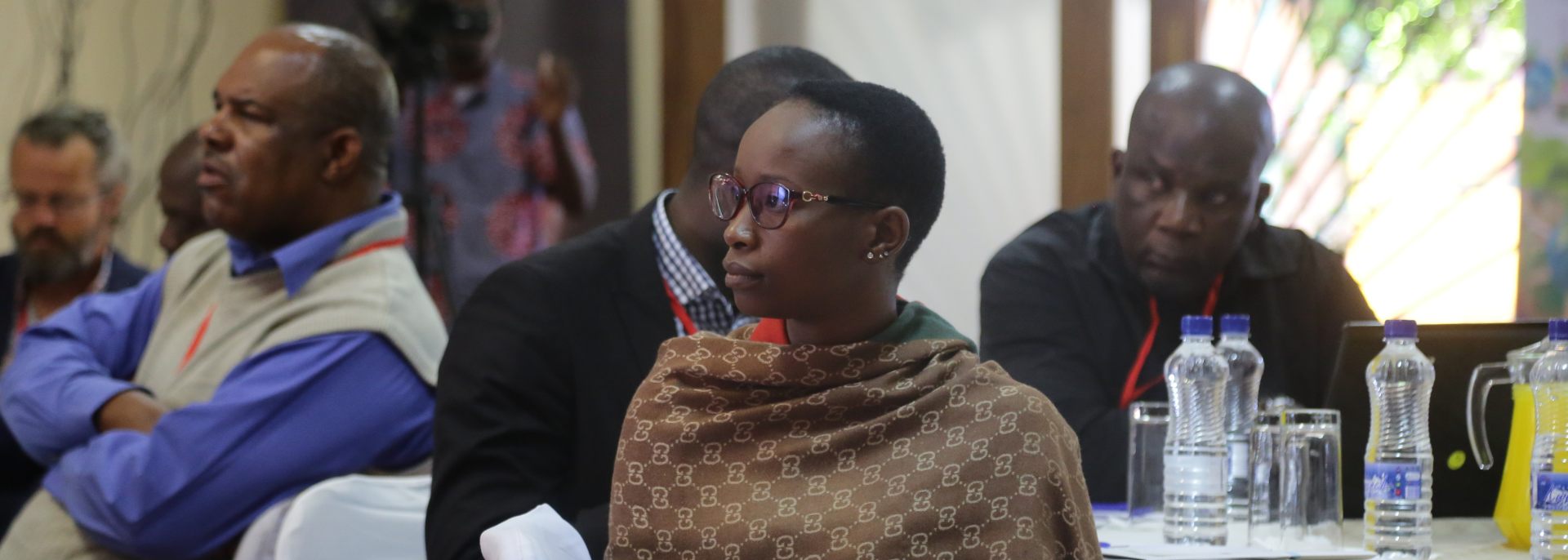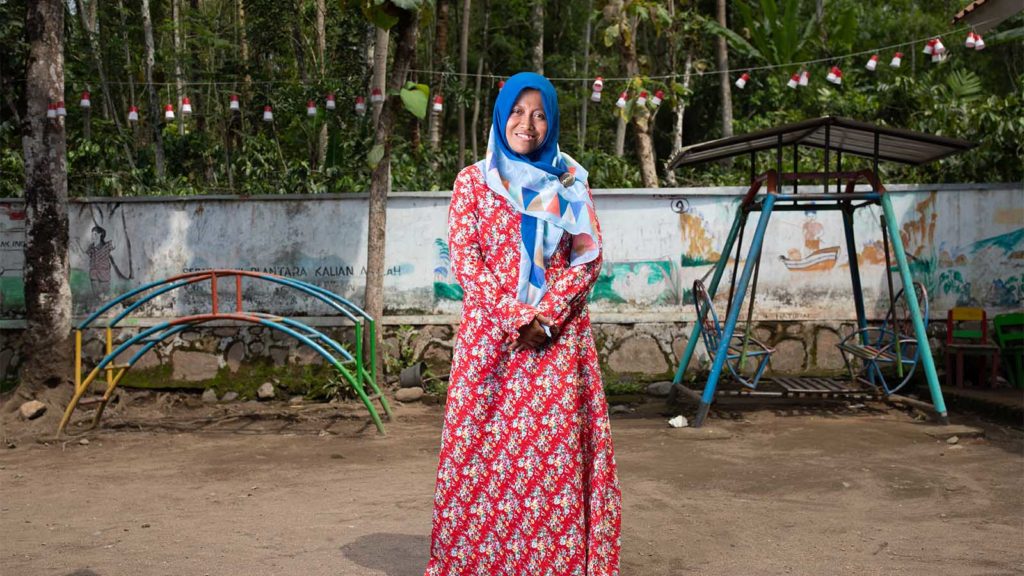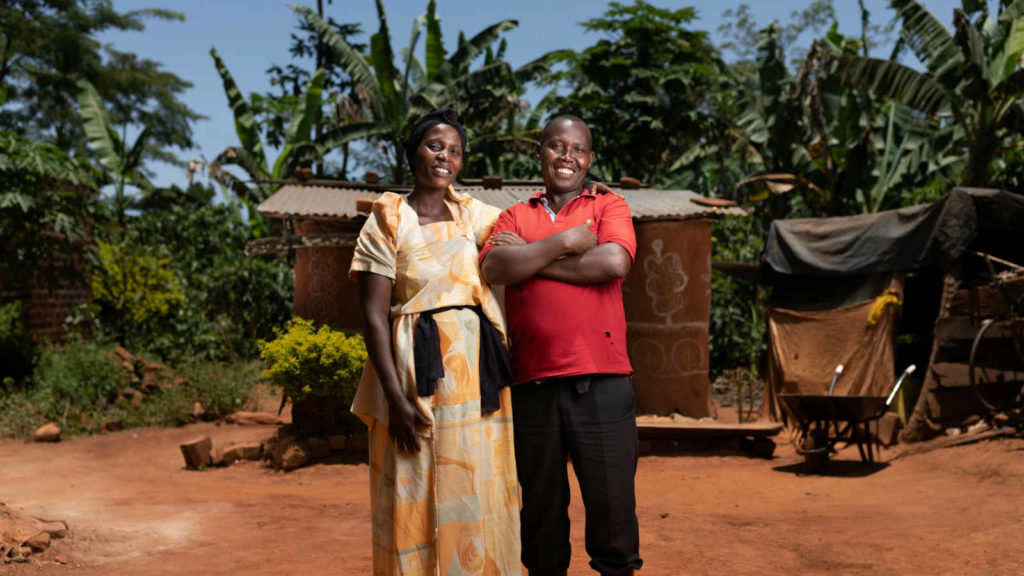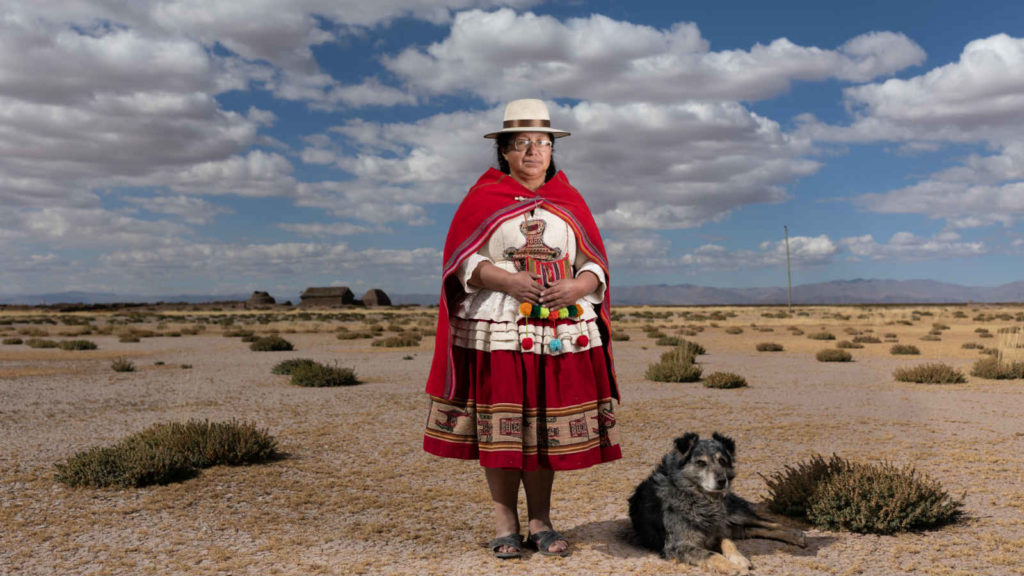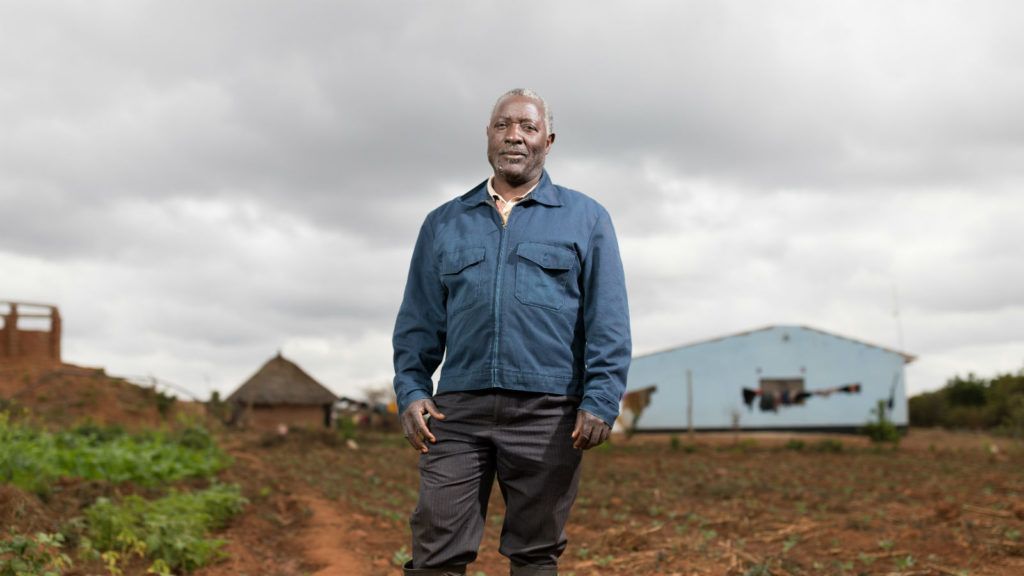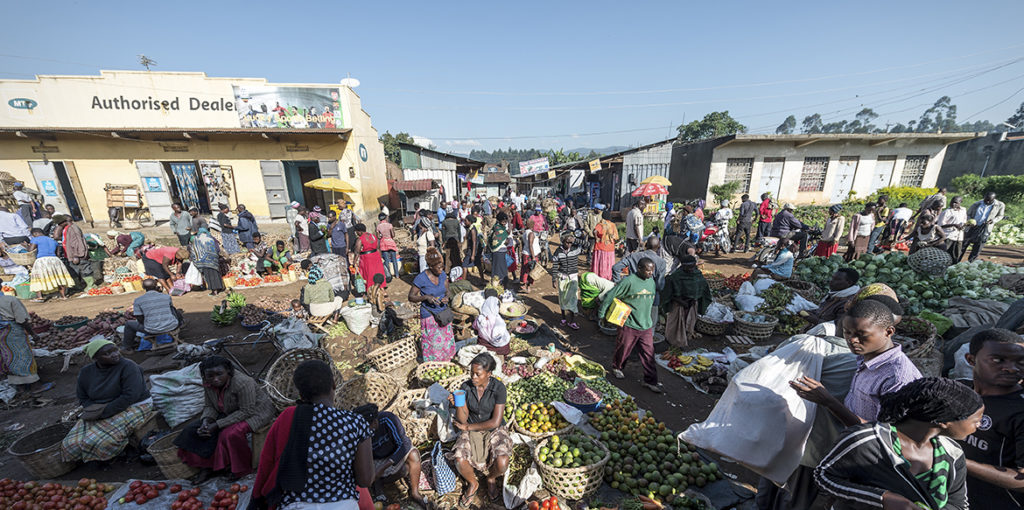Written by Nout van der Vaart, Hivos Advocacy Officer Sustainable Food
There is turmoil in the world of food governance and decision-making. Civil society has been criticizing states and businesses for the perceived “corporate capture” of food decision-making bodies and processes. So we need to start aligning agendas now to ensure all voices will be included in the preparations for UN’s international Food Systems Summit in 2021. Especially during the ongoing COVID-19 crisis, which is having a major impact on food systems at all levels, it is of utmost importance that these decision-making bodies and processes remain independent and open to all.
Is private sector dominance eroding the integrity of multilateralism?
Hivos is among 550 signatories of the civil society letter sent to UN Secretary General Guterres questioning the UN’s integrity as a multilateral body. This follows the UN’s announcement in September 2019 that they would organize the 2021 Food Systems Summit in close collaboration with the World Economic Forum (WEF). In February 2020, AGRA president Agnes Kalibata’s appointment as Special Envoy to the Summit further fueled civil society protests. The optics are that the private sector is appropriating the food decision-making agenda.
The Food Systems Summit is considered to be a key moment in food decision-making for the next decade. And Ms. Kalibata, according to a broad coalition of civil society organizations, would not be the right person to lead on developing the Summit agenda because her corporate interests would conflict with those of smallholder farmers, food vendors and indigenous peoples. After all, most private sector actors still support agri-industrial food systems that do not prioritize either health or sustainability.
As for the UN partnering with WEF, civil society is unambiguous in its critique. The WEF is a private sector vehicle with no democratic mandate, accountability or conflict resolution mechanism. Giving it so much influence would undermine existing democratic and inclusive food decision-making bodies like the Committee for World Food Security (CFS). More generally, this type of public-private partnership would let (food) decision-making forums be co-opted by private interests and legitimize more corporate influence in public affairs.
Are multi-stakeholder platforms truly democratic?
The issue of public-private partnerships in food governance is linked to a broader trend: the promotion of multi-stakeholder platforms (MSPs) as new decision-making forums.
MSPs involve stakeholders from two or more spheres of society working together. This makes it easy for them to share knowledge, expertise and resources. Furthermore, they are a necessary and welcome tool to promote collaboration and inclusivity, especially in the context of achieving the SDGs.
However, MSPs also pose several potential risks, as highlighted by the 2018 HLPE report Multi-stakeholder partnerships to finance and improve food security and nutrition in the framework of the 2030 Agenda. Most apparent is the risk of MSPs reproducing existing power imbalances and strengthening the position of more powerful actors.
Governments therefore should ensure robust participation, transparency and accountability mechanisms to reduce this risk. Otherwise, the (perceived) dominance of one stakeholder group will lead people to question a platform’s legitimacy and will eventually undermine its effectiveness. A case in point is the SUN network, a global multi-stakeholder initiative to improve nutrition. A recent report by FIAN International shows that SUN has actually failed to address the root causes of malnutrition, like unequal power relations, exploitation and poverty. Instead, it has been mainly emphasizing short-term technical interventions, essentially benefiting private sector interests.
How can we safeguard inclusive and democratic design?
Hivos is a strong proponent of using MSPs to ensure the inclusion of all voices in a debate, particularly those that are rarely heard. But this requires MSPs to have robust participatory, transparency and accountability mechanisms in place. Without these, citizens cannot hold governments accountable and the integrity of the current multilateral system will also be undermined.
In the face of the escalating global COVID-19 crisis, it is essential that existing participatory mechanisms for non-state actors be respected.
In its Sustainable Diets for All program in Zambia, Hivos has established a multi-stakeholder initiative, together with CSO SUN and other civil society organizations. With the national government and others, we discuss long-term solutions that go beyond technical interventions. For example, how to diversify food production and diets. And we encourage more inclusive and coherent policy making for food and agriculture in general. Known as a Food Change Lab, the initiative is inclusive in its design, and provides a space for all stakeholders to jointly tackle key food-related issues and define possible solutions.
It is vital that the notion of inclusive and democratic design makes its way into further preparations for the 2021 UN Food Systems Summit. Especially in the face of the escalating global COVID-19 crisis, it is essential that existing participatory mechanisms for non-state actors be respected. This will ensure that high-level decisions and measures taken will benefit the most vulnerable. This is why existing international decision-making forums and institutions with a public or UN mandate to end hunger and malnutrition must have an important role in defining the Summit’s agenda, in particular FAO and CFS.
Finally, the One Planet Network Sustainable Food Systems (SFS) Program must be closely involved. It is the only global food systems-related multi-stakeholder platform with substantial civil society participation and a UN mandate. So it should play a major in role in shaping the agenda of a summit that is expected to have far-reaching consequences for food decision-making.

